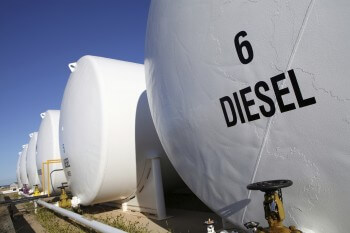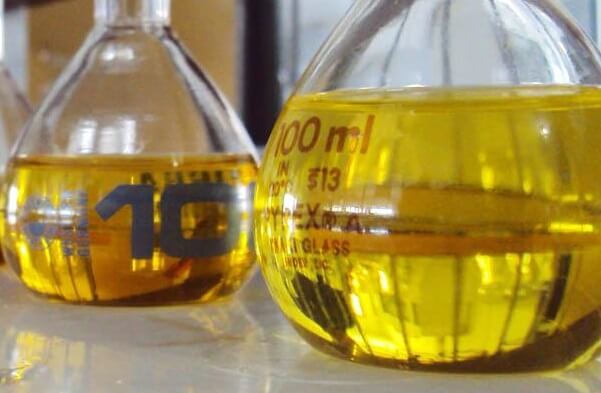Fuel Testing & Understanding Your Fuel's Properties
Taking care of today's problematic stored fuels is best done with the three-pronged Hybrid Approach - the right chemicals, the right mechanical...

Take a set of different business and service entities. Government municipalities. Backup generator users and generator service companies. Fuel polishers. Hospitals and health care facilities. What do these groups have in common?
 The answer (well, one of them anyways) is, all of these groups have integral dealings with stored fuel. They all rely on stored fuels to get the job done. You could say they can't get by without them.
The answer (well, one of them anyways) is, all of these groups have integral dealings with stored fuel. They all rely on stored fuels to get the job done. You could say they can't get by without them.
Some of these groups use the fuel themselves. Others are in the business of making sure their customers can continue to use their fuel without problems. Government groups (like fire and police departments and utilities) and hospitals store fuel to power their back up emergency systems, because they have constituents that rely on them to provide services during emergencies. If something goes wrong with their stored fuel, their constituents pay the price. Generator service companies and fuel polishers also rely on stored fuel in the sense that their business models center on preventing fuel-related problems for their customers. If something goes wrong with their customers' fuel, the service companies is the one they look to place blame on first. Even if it's from a problem that has nothing to do with the service they provided.
Given how important stored fuel is to these groups and others, it follows that the need for preserving the health of this stored fuel becomes magnified. To do this, regular fuel inspections and fuel testing can go a long way to ensuring these agencies are equipped to do their jobs by staying ahead of any shifts in stored fuel condition. But which fuel tests to do?
There are hundred to choose from, ranging from in-house measures like basic sensory (sight and smell) fuel inspections (drawing fuel samples at regular intervals, checking to make sure it looks like it should) to sticking storage tanks for water to make sure water levels stay manageable. These are better than nothing and should be part of the PM protocols for anyone that keeps a supply of stored fuel on hand for emergencies.
However, analytical fuel testing by an accredited lab is the only way to assess the current condition of essential stored fuel, as well as the only way to track its condition over time. And it’s helpful to know which tests you should be paying attention to. It helps to have an idea of what benefits someone with stored fuel is going to see from having their fuel tested, say, for cetane index or microbe count or water content by Karl Fischer method.
This is where we come in. To help, we picked out the six most important fuel tests that we think stored fuel users need to be familiar with, and we put them together in a free download for Bell Performance blog readers called Fuel Tests You Need To Know About.
In it, we talk about what each test shows you, how it’s run, and the problems each test can help predict. Most importantly, we cover the important next steps each stored fuel user should consider if their stored fuel comes back with a poor result in one of those areas.
These are the kind of things stored fuel users need to know for the best chance of avoiding the kind of catastrophic fuel failures that would threaten the health of their business. If you're one of those who could be in this position, we invite you to check out a copy of Fuel Tests You Need To Know About. Or, if you prefer, we invite you to watch a recent webinar we held on the subject. Make your selection below:
Taking care of today's problematic stored fuels is best done with the three-pronged Hybrid Approach - the right chemicals, the right mechanical...
One thing that sets apart a good tank servicing or fuel polishing partner from a no-so-good one is their familiarity with fuel testing. The better...

As a service to our customers, dealers and friends, Bell Performance hosts quarterly webinars on fuel topics of interest to their friends and their...